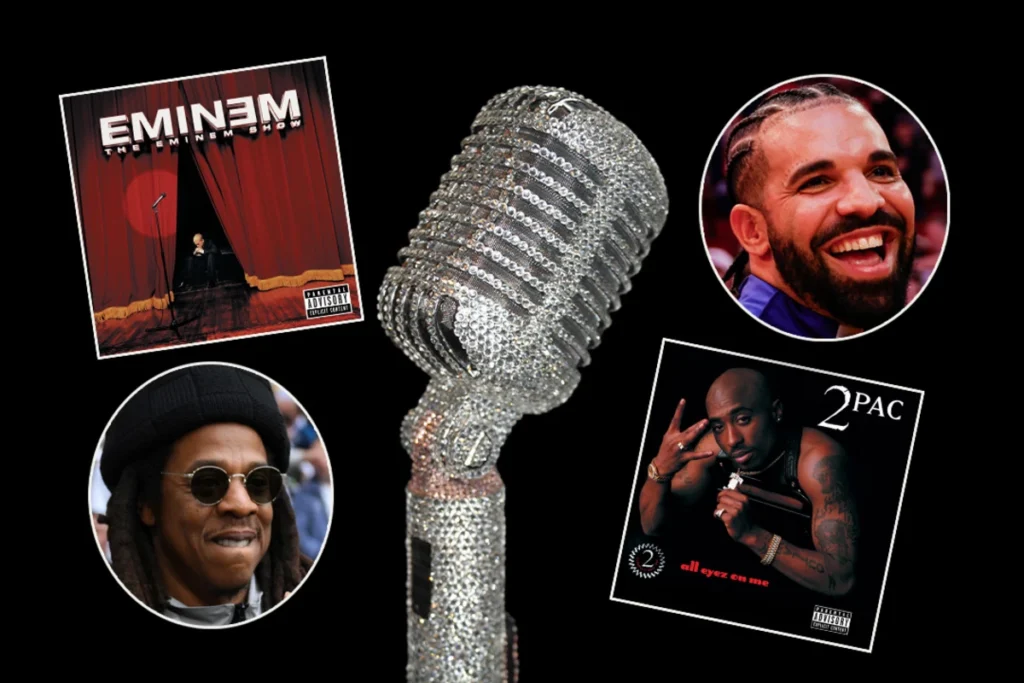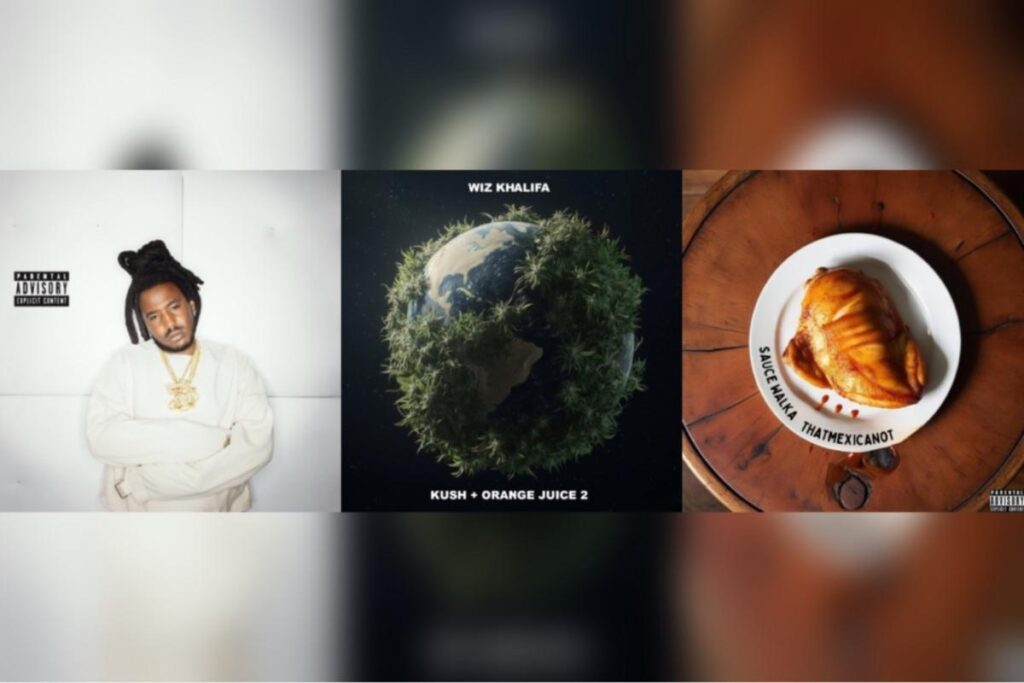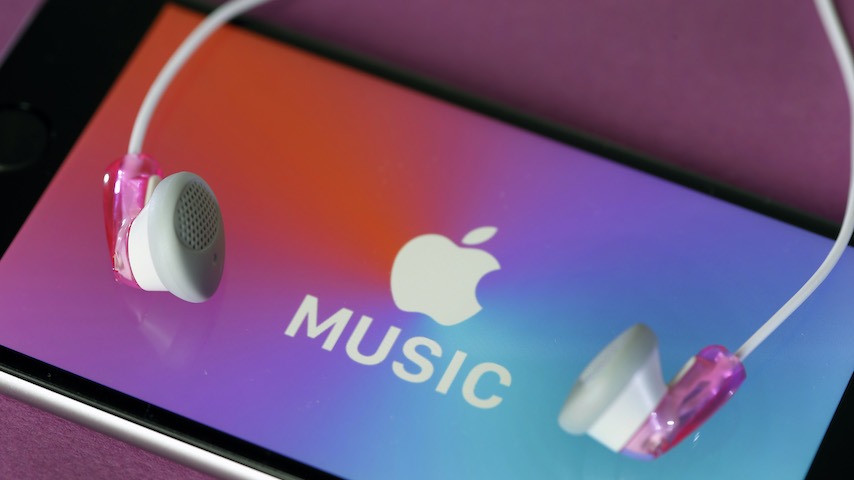In life, I think, there are only three ways that we can relate to the Beatles, which is fewer than you could say for any other band. (Yes, okay, there are probably people—probably millions of people, on this planet—who simply don’t know them, but this is Paste and you know what I mean.)
The overwhelming majority of us fall into the three basic camps. First, the obsessed devotees, of which there are many. Second, the iconoclasts who delight in blowing our minds with radical takes like, “actually, the Beatles suck.” And third, my group: the “casuals” who appreciate the music but aren’t diehards. That’s most of us, I think, but the sheer status of the Beatles means that even casuals aren’t truly casual… which is why even for people like me, it’s such a thrill to watch the most famous band in human history interact in the Get Back docuseries. This is one of those moments that, historically, we’re not supposed to be able to see. Imagine, if you’re a sports fan, being inside the locker room before The Miracle on Ice; or if history is your thing, being privy to Abraham Lincoln’s private conversations. Seeing the Beatles on the verge of making an album, and also on the verge of breaking up, is supposed to be one of those forbidden historical scenes left to conjecture and thirdhand retellings, and yet there we are, right in the thick of it, hearing every whisper.
The greatest revelation, to a casual like me, is young Paul McCartney. My perception of him coming in was almost certainly a product of not studying the subject deeply enough, but I thought of McCartney as a sort of happy puppy dog figure, a la Mr. Peanut Butter in Bojack Horseman, a poppy contrast to the brooding, poetic/psychedelic genius of John Lennon. With age, McCartney’s face has become even more nonchalant on the surface, a carefree mien that reflects the soul to someone who writes effortless pop songs but perhaps doesn’t feel life quite as acutely as a Lennon type.
In Get Back, I realized within minutes exactly how wrong I’ve always been. Above all, the two things that struck me most were McCartney’s sheer intensity and his ridiculous, irrepressible talent. The latter might sound awfully obvious—this is Paul McCartney, idiot, of course he’s an otherworldly talent—but watching him rehearse, riff off his fellow Beatles, and invent melody from thin air makes it clear that I never came close to understanding the scope of it. Much has already been written about the scene where he invents the song “Get Back,” and while I know this is how many songs are written, and that Peter Jackson may have fudged with the timeline a bit, I don’t care—watching someone like that channel the muses in such a sudden burst of inspiration, seemingly from thin air, is distilled magic, and I consider it one of the best two minutes of television I’ve ever seen. The fact that it exists is a dream.
(Also: How the hell did somebody have this footage and sit on it for 50 years??)
But McCartney’s intensity is something else entirely, and totally unexpected. Far from an innocent, he’s infused with pure energy; in ways subtle and overt, he can’t help imposing himself on everyone around him. Even when he’s in his “unfailingly polite” mode—as Michael Lindsay-Hogg is at his most insufferable rambling on about Arabs holding torches—he’s brimming with hidden force, the biggest person in the room. (For those of us who find ourselves having to stay measured in the face of nonsense, particularly around the holidays, McCartney is a great teacher.)
By that point, he was the band’s alpha male, and to see John Lennon have to tiptoe around him when he wants to make a point or get his way is a complete reversal of the dynamics as (in ignorance) I had imagined them. It changes the idea of Yoko Ono, too—here she seems, in part, like a shield to protect Lennon from McCartney, someone strong enough to resist his force field. Both are too subtle to scream and yell at each other, but in the few moments when McCartney and Ono interact, it still manages to come off like a repressed clash of the titans. And when McCartney complains about Ono, joking that the band will break up simply because Lennon’s girlfriend sat next to him, you can feel his frustration at a person he can’t dominate, and a story he can’t bend to his will.
Of course, by then he was failing to dominate anyone, though he still tried. His bandmates clearly love him, but they also hate him, and they fear him, and they hate that they fear him, and all that hatred and fear had overtaken the love. We don’t know exactly what it took for this dynamic to emerge—it’s possible that McCartney needed to become the band’s de facto leader to prevent an even earlier breakup—but it’s clear in Get Back that his particular style of influence has been nearly maxed out. If there’s a tragedy here, it’s that you can almost see the path to saving the band. McCartney clearly did have to lead them, but he also needed to be slightly deferential to Lennon, and far more encouraging to George Harrison. He didn’t have it in him; he was a little too arrogant, a little too assertive, and perhaps a little too insecure all on his own. To use a sports cliché, he had a ton of talent but he couldn’t make his teammates better.
The McCartney-Harrison dynamic, in particular, is unforgettable and very heartbreaking. Harrison seems like a child angling hard for his father’s approval, but instead he gets routinely slapped down by McCartney, who stifles his ambitions, refuses to recognize his obvious talent, and hurts him by saying, in various ways, “you’re not good enough, so keep it simple.” For reasons that are hard to fathom, he doesn’t want to see Harrison grow, and every time he slaps him down, Harrison becomes more bitter and more rebellious, while deep down he’s still desperate for validation from the man who will never give it.
The story of Get Back is a story of a group of people who had settled firmly into their interpersonal ruts, and could not break free. What’s so compelling about Paul McCartney is that more than any of the others, he seemed to want to break free. If you’re into metaphors, “Get Back” can be read as his desperate subconscious plea for a return to a state of tolerable coexistence with the band that had long passed them by. He’s a one-man army, a force of nature, pick any term you want—they’re all true. He forces The Beatles to become The Beatles again, at least for two more albums, but it’s his method of forcing that simply doesn’t work. You believe them when they say the death of Brian Epstein took away their stern father figure and their momentum, and that his role was impossible to fill from within the band. McCartney’s attempt to do so by sheer power of personality was ultimately an engine of the collapse, but there’s something heroic in it, too—he, more than any of the others, seemed to understand what it meant to put a period on this point in musical history.
Despite that clarity, he was powerless to turn off his own worst impulses, to serve as a buoy rather than an anchor for Lennon and especially Harrison. His desperation to save them, coupled with the stubborn failure to compromise that subverts his mission over and over, is a Greek tragedy in action, a crystal clear hamartia from which, like an impending car crash, we can’t look away. History had already written the break-up of The Beatles, and he wasn’t capable of standing athwart that drama; but his attempt to do so, his pain, and his big, undeniable charisma that attracts and repels at once, are irresistible. The band will never get back together, but what a gut-wrenching spectacle it is to watch them fall apart.
Get Back is available to stream on Disney+
Shane Ryan is a writer and editor. You can find more of his writing and podcasting at Apocalypse Sports, and follow him on Twitter here .
For all the latest TV news, reviews, lists and features, follow @Paste_TV.



